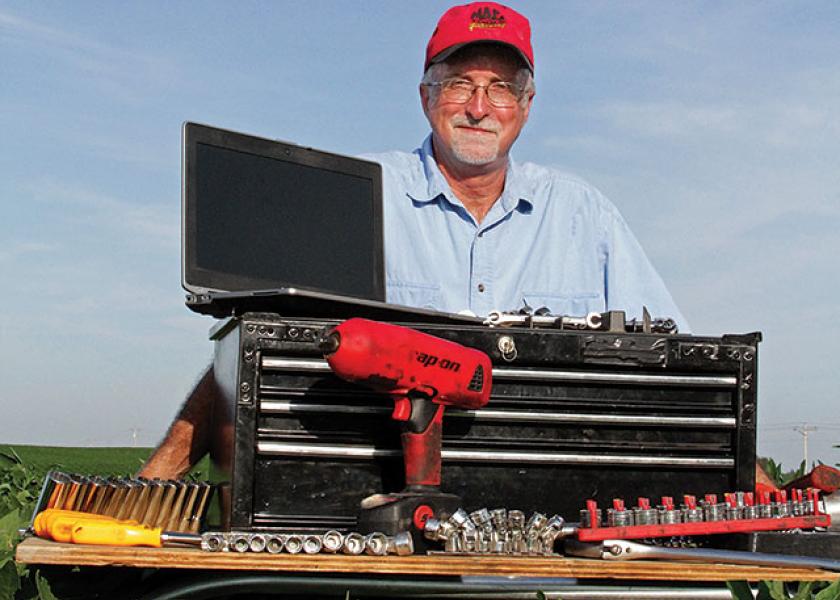Diesel Fuel Gelling

Gelling of diesel fuel occurs when wax, a normal, necessary component of #2 diesel fuel, crystallizes at low temperatures. The “cloud point” of a particular formulation of diesel fuel is the temperature where crystals of wax begin to form. The “gel point” is the temperature when enough wax crystals develop to transform the fuel from liquid to semi-solid.
Gel point for # 2 diesel varies, but ranges between 10 and 20 degrees F. Wax crystals in chilled diesel fuel measure 50- to 260 microns. That's a definite problem for modern Tier IV Diesel engines that have final fuel filters that filter down to 2 microns.
Cloud and gel points can be lowered well below 0 degrees F. by blending #1 diesel fuel, kerosene or aftermarket anti-gel fuel additives with winter-grade #2 diesel. Cloud point for straight #1 diesel can be as low as -40 degrees F., but using straight #1 diesel is not recommended because of the higher cost-per-gallon and lower lubricity of pure #1 diesel fuel. Adequate fuel lubricity is critical for Tier III and Tier IV Diesel engines.
The best prevention to cold weather problems with diesel-fueled engines is to switch to winter-grade diesel fuel before the first frost, and begin adding anti-gel fuel additives when temperatures fall below 20 degrees F. Home brewing winter-grade diesel fuel by adding #1 diesel fuel or kerosene to winter-grade #2 fuel yourself is an option, but carries expensive risks.
Engineers note that modern Ultra Low Sulfur Diesel (ULSD) #1 diesel fuel and USLD kerosene have less lubricity than old-school #1 diesel fuel or kerosene, increasing the possibility of problems with Tier III and Tier IV diesel engines which are extremely finicky about lubricity. Home-blends of #1 and #2 ULSD fuels may not meet the lubrication needs of fuel injection systems on modern diesel engines. Experts recommend using special aftermarket diesel fuel additives to lower cloud and gel points without reducing the lubricative quality of the fuel.
So, for all you old-timers who used to blend kerosine, or #1 diesel fuel, or even gasoline with the #2 diesel fuel you ran in your old 4020, 706 or 190XT---that strategy could be very, very expensive if you try it with the Tier III or Tier IV Diesel engines in your newer trucks or tractors.







